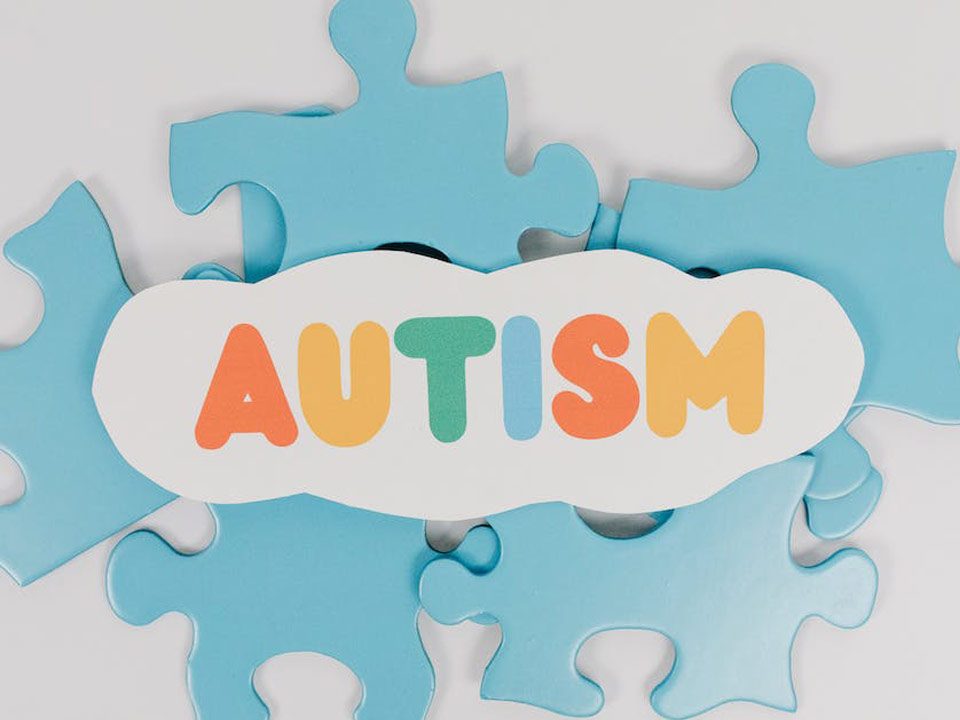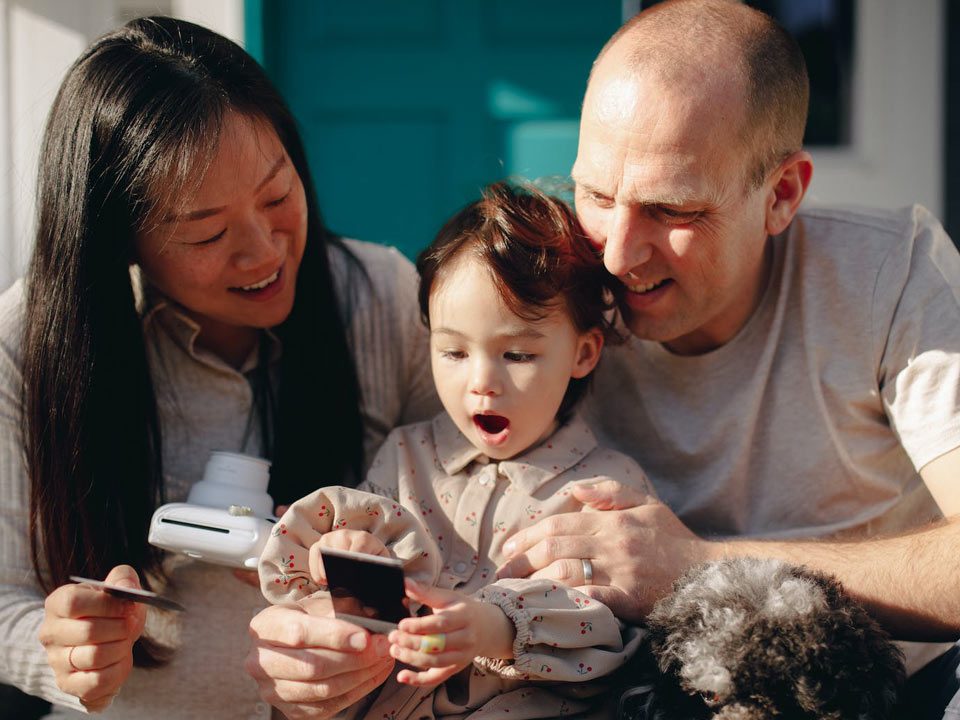
The Top 5 Questions Every New Dad Asks Himself
February 24, 2022
Self-Care Strategies For New Parents
March 9, 2022What Happens To Your Baby In The Nursery After Delivery
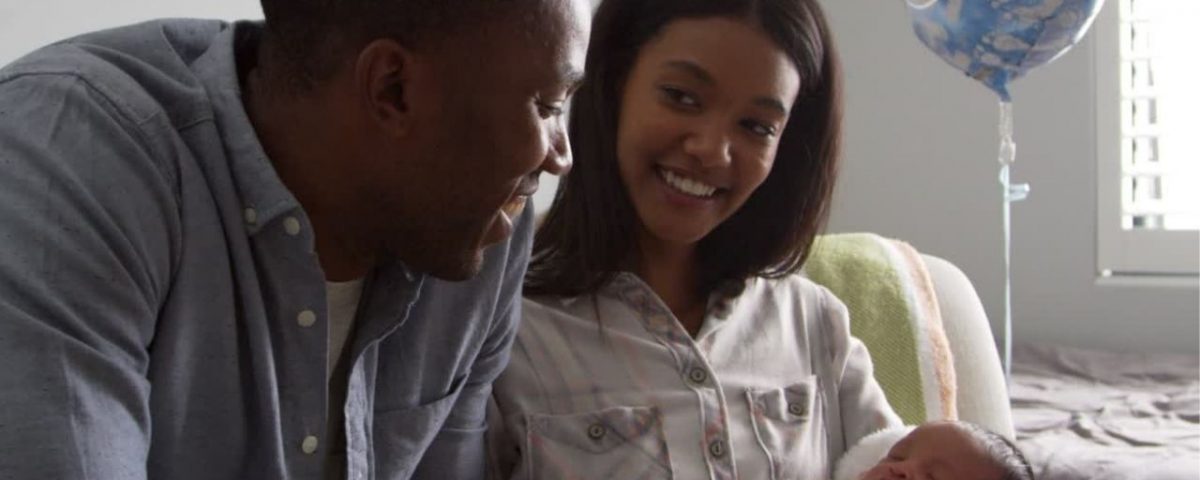
Most parents have no clue what happens once their baby is taken to the nursery after delivery. So I wanted to reveal the answer to your curiosity. Right now, there is an initiative to have babies stay with mom for skin to skin contact after delivery, which I love! I think it’s beautiful. If you are able to do skin to skin contact, it’s one of the best things that you and your baby can do to bond. It just gives me all the good feelings thinking about my own experience after my C-section.
Now during that time after the delivery, we (medical professionals) are always observing the baby. As a pediatrician who has attended many deliveries and C-sections, I can tell you that there is something called an Apgar score that we use to track baby’s transition from womb to world. We make sure that the baby is doing well after one and five minutes, or if they may need some intervention. Like I said, if everything is good, meaning that they are breathing well, that their color is good (should turn from that bluish color to pinkish after their first breaths), that their heart rate is normal, and that everything seems to be transitioning normally, they can stay with mom. After having time with mom most babies go over to the nursery.
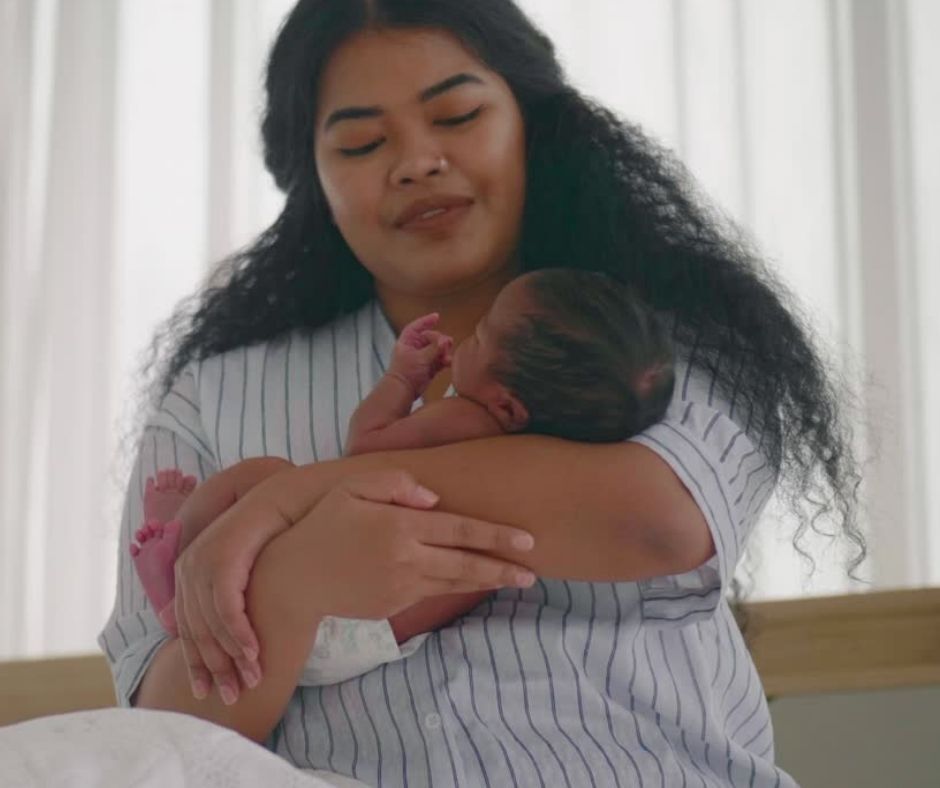
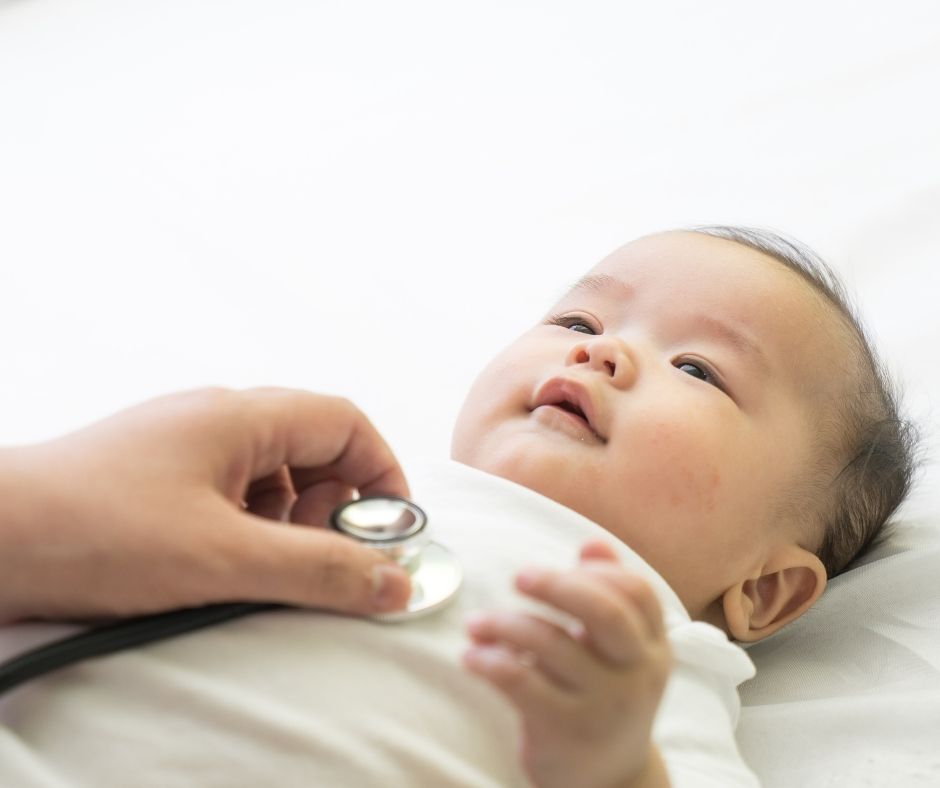
When baby goes into the nursery, that observation and evaluation continues. There they weigh the baby, take vitals (e.g. heart rate, respiratory rate, and an oxygen saturation), and then they get cleaned up. In addition to observation, there are some other things that are done in the nursery by the nurses. One of the orders is to administer the vitamin K shot. Vitamin K is necessary so that babies don’t bleed, it helps in the whole coagulation process of blood. Babies also get eye drops put into their eyes, and that’s to prevent an infection. I think maybe a lot of parents are not even aware of these things that go on in the nursery. That’s why I felt this blog was so important, to give you good information so that you are totally aware of what will be happening if you deliver in a hospital.
After 24 hours, we do a test, which back in the days was called a PKU test. It’s a newborn screening test and every state has their version of it in the United States. It’s a blood test, so your baby is going to get a little heel prick, done with a lancet. There’s a filter paper with circles that we fill with drops of blood. Very little blood goes onto the filter paper and that test gets sent off to the state for screening. Every state is a little different, some states have more tests than others. Mostly they are testing for genetic disorders or metabolic disorders, things that are pretty rare, click to find out more Newborn Screening Tests. You don’t get the results back if everything is normal. If it’s abnormal or something needs to be repeated, then you will receive a letter in the mail and the hospital you delivered will too. Don’t get freaked out if this happens, most of the abnormal results are due to the test just not being done correctly, for example if there was insufficient blood on the filter paper.
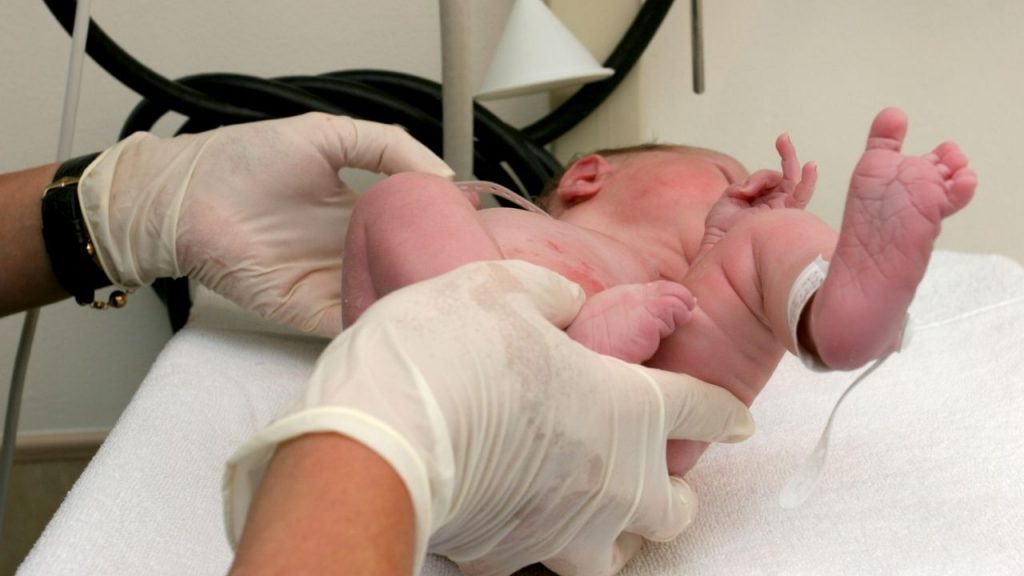
If during your pregnancy, your group B strep test was positive, then your baby may need to have a blood test as well. So let’s just say you just didn’t have the appropriate amount of antibiotics given to you prior to the delivery. Then your baby may automatically need a blood test. If you did have the proper care before delivery then your baby may only require observation.
Now if, as the days pass your baby starts looking a little jaundice (yellowish), then we check your baby’s bilirubin, first with a forehead device and if that number is a little high, then they may need to do a blood test. We plot that number on a graph and then we decide whether or not your baby may need some phototherapy (blue light therapy). This is quite a common condition, so don’t be alarmed.
The hospital will also give your baby a hearing test. If for some reason you’re discharged early, then they may ask you to do it as an outpatient. But generally your baby does have a hearing test before they leave the hospital.
Your baby will also have an oxygen saturation test. This is done to check for heart problems. An abnormal oxygen saturation may be an indicator of a cardiac abnormality. If it is abnormal they will have a heart specialist do further testing. This is a simple test, we place little light with a band on your baby’s toe and a number pops up on a screen. If it is normal no further intervention needed.
You will also be asked to sign a consent for the hepatitis B vaccine. This is the only vaccine that your newborn would be able to receive right after birth. The theory behind giving the hepatitis B vaccine is, of course, to protect your baby from the virus. Hepatitis B is a virus that is transmitted through blood. So there would need to be some exchange of bodily fluids in order to contract it. Any mom who is hepatitis B positive or if you live with close family members who are hepatitis B positive should definitely get vaccinated with the hepatitis B vaccine. If mom is positive there is another shot the baby will receive to give them more protection so that they do not contract the virus as well and then they will be tested regularly to check if there is a change of their status. It’s a very low possibility that your baby will contract hepatitis B at the hospital from a staff member. So you decide whether or not your baby should receive the vaccine or not. It is a series and it will continue with the pediatrician anyway. For that reason, if mom is negative, and there are no positive close contacts, then I am okay with you waiting to give it.
As always if you have any questions, you can always reach out to me. I’m more than happy to answer all of your questions.
P.D. In my freebies on the website, I do have a downloadable PDF on the newborn testing.



